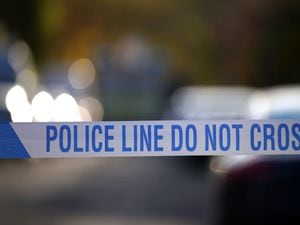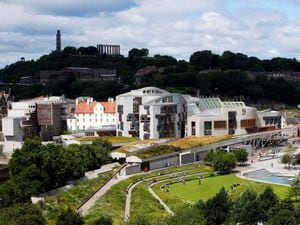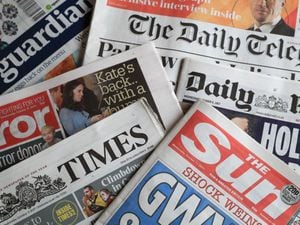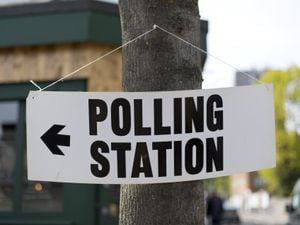Charles’ Holocaust survivors portrait project is subject of new BBC documentary
The Prince of Wales is patron of the Holocaust Memorial Day Trust.
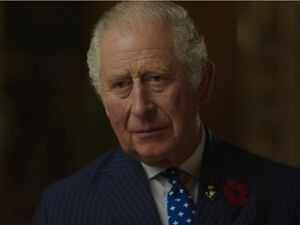
The Prince of Wales hopes a series of paintings he has commissioned of Holocaust survivors will be a “guiding light for our society”.
Charles’ journey as he tasks seven leading artists to paint some of the nation’s last remaining Holocaust survivors is the subject of a new BBC documentary.
All seven survivors were children in camps or ghettos during the Second World War and are now into their 90s after settling in Britain.

It is hoped the portraits, which be displayed in London and Edinburgh, will stand as a lasting reminder of the horrors of the Nazi regime which will one day be lost to living memory.
The heir to the throne will say in the documentary: “As the number of Holocaust survivors sadly, but inevitably, declines, my abiding hope is that this special collection will act as a further guiding light for our society, reminding us not only of history’s darkest days, but of humanity’s interconnectedness as we strive to create a better world for our children, grandchildren and generations as yet unborn; one where hope is victorious over despair and love triumphs over hate.”
Charles commissioned paintings of 12 D-Day veterans which went on display in 2015 at the Queen’s Gallery to ensure an artistic record remained of those who fought in the Second World War campaign.
The 60-minute BBC Two documentary, Survivors: Portraits of the Holocaust, will be screened on January 27 – Holocaust Memorial Day.
During the programme the seven elderly men and women will talk about their experiences and viewers will be able to follow the creation of the paintings as artists and survivors get together for their final sittings.
Among the seven survivors is Helen Aronson who, with her mother and brother, was among a group of around 750 people liberated from a Nazi-run ghetto in Poland out of 250,000 people sent there. The family had been separated from her father who had been murdered by the Nazis.
Today she shares her experiences with groups across the country, and describing conditions in the ghetto, she told the website of the Holocaust Memorial Day Trust, which Charles supports as patron: “People were crammed into one room with insufficient food, so malnutrition and disease were rife.
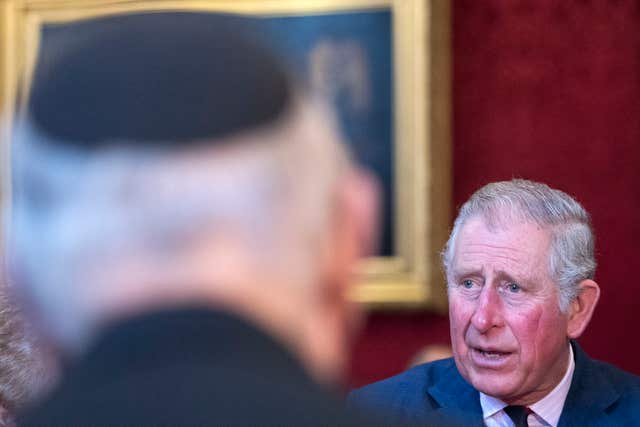
“Hundreds of people died daily. You saw skeletons walking in the street, some of them just dying as they were walking. My brother developed typhoid and it was a miracle he survived.”
She sat for artist Paul Benney who painted Brian Stewart, the later father of former International Development secretary Rory Stewart, for Charles’s D-Day veterans project.
The seven portraits will become part of the Royal Collection and will go on display at the Queen’s Gallery, Buckingham Palace between January 27 and February 13 and at the Palace of Holyroodhouse in Edinburgh between March 17 and June 6.
Karen Pollock, chief executive of the Holocaust Educational Trust, described Charles’ initiative as incredible, adding: “These Holocaust survivors endured the very worst.
“They were rounded up into ghettos, sent to concentration camps and enslaved as forced labourers. To survive the concentration and death camps and 77 years later see their portraits displayed in Buckingham Palace is very special indeed, and a poignant and fitting testament to their lasting contribution to this country.
“The Nazis intended there to be no Jews left in Europe – instead these survivors are honoured at the heart of British society.”

